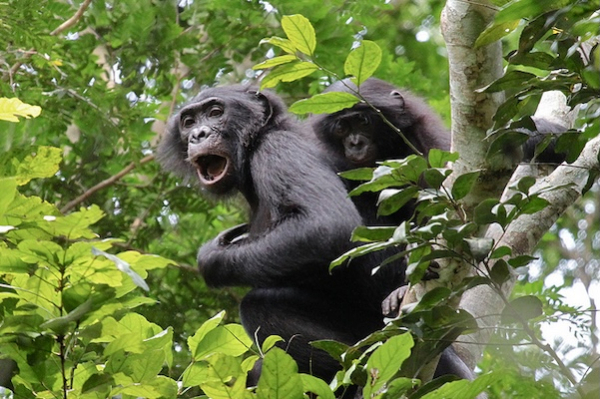Twenty-nine new oil blocks cover 72% of the Kivu-Kinshasa Green Corridor, a protected ecological zone.
The Green Corridor spans 544,270 km², aiming to protect over 100,000 km² of primary forest and promote a green economy.
Environmentalists warn oil exploration threatens the project’s climate goals and international reputation.
The Democratic Republic of Congo (DRC) balances two conflicting ambitions: becoming a major oil producer while solidifying its role as a climate change solution country. A June 20, 2025 map analysis by NGO Earth Insight reveals 29 newly auctioned oil blocks overlap 72% of the Kivu-Kinshasa Green Corridor.
Created on January 15, 2025, the Green Corridor aims to position the DRC as a global leader in combating climate change. The corridor covers 544,270 km²—over a quarter of the nation—and protects more than 100,000 km² of primary forests. Its founding decree mandates that any new economic projects within the corridor align with this green vision. However, oil extraction directly contradicts this goal.
In December 2024, Deputy Prime Minister and Environment Minister Ève Bazaibatold Deutsche Welle that mining permits granted inside the Green Corridor would be revoked. Since 2018, the state oil company Comico holds three blocks in Équateur province, including Busira and Mbandaka, which lie inside the corridor boundaries defined in 2025.
Hydrocarbons Minister Aimé Sakombi Molendo responded to criticism in Jeune Afrique by stating that the auctioned blocks had been “detoxified” to exclude protected zones. The government maintains it will not back down, aiming to balance exploration and production with safeguarding future generations’ interests.
Earth Insight strongly challenges this approach. The NGO argues that auctioning fossil fuel concessions within the Green Corridor undermines its international credibility and breaches commitments to biodiversity and climate action. The stakes are high given the corridor’s dependence on outside funding.
President Félix Tshisekedi estimates the project needs one billion dollars over three to four years to succeed. In January 2025 at the World Economic Forum in Davos, he showcased the Green Corridor and secured pledges from the European Union and Team Europe initiative to mobilize one billion euros in support for the community-based protected area.
Timothée Manoke, intern










